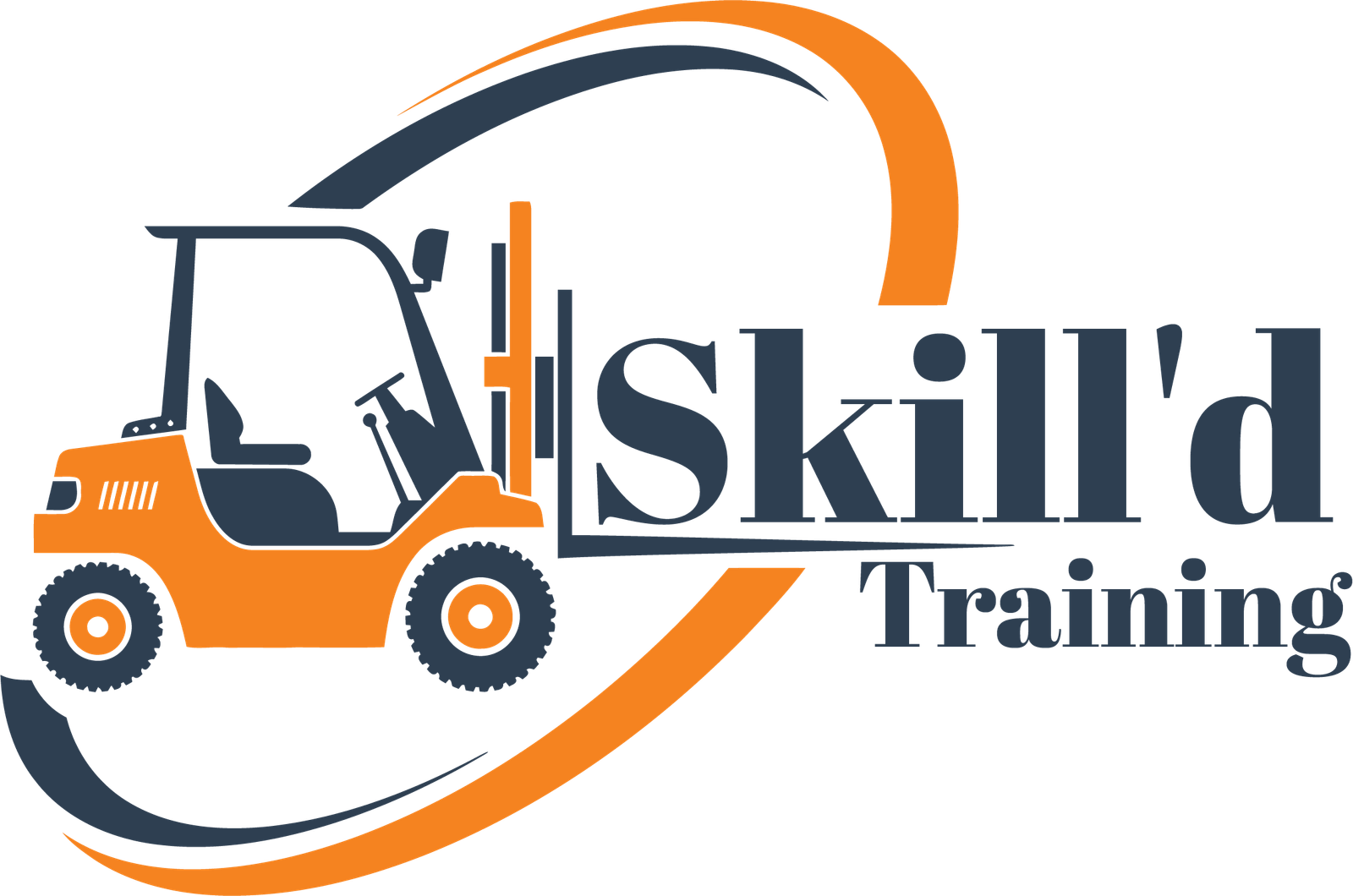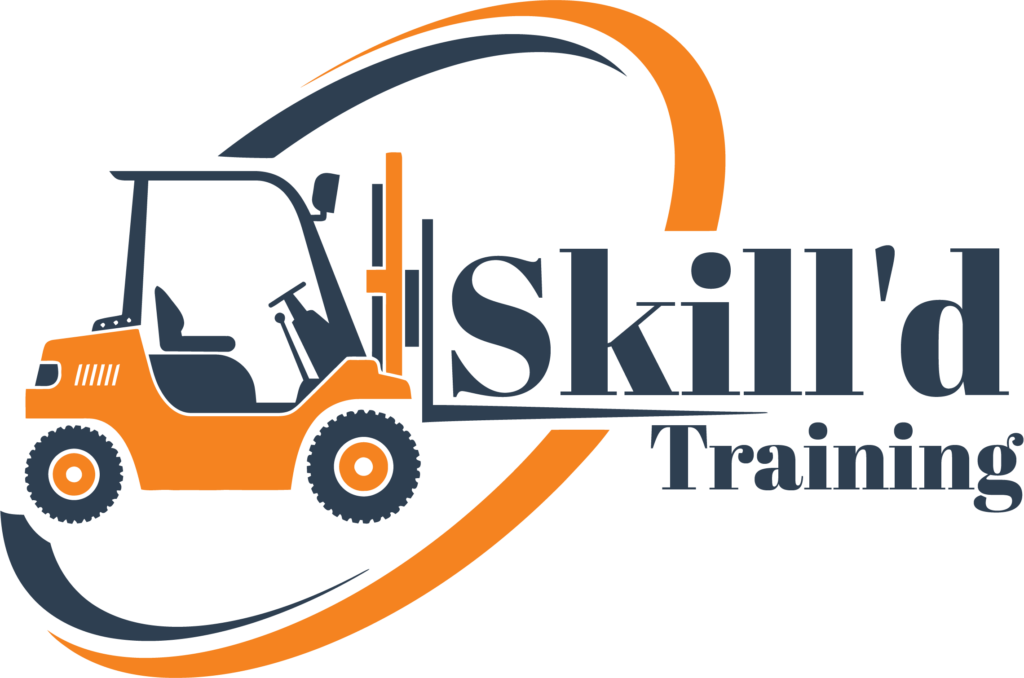Guides & News
Advice for Operators
Lift trucks can be dangerous machines if you don’t use them properly. Follow this advice to help you and those you work with to stay safe:
Operating
Always:
- Carry out a pre-shift check of the lift truck;
- Wear operator restraints, where fitted;
- Look all around before moving off;
- Look in the direction of travel;
- Travel at a speed suitable for the location and the load you are carrying;
- Travel with the forks lowered, but clear of the ground;
- Watch out for pedestrians;
- Watch out for obstructions;
- Avoid sudden stops and violent braking;
- Slow down at corners, doorways, and at every danger spot and sound the horn;
- Apply the parking brake when leaving the lift truck;
- Face the lift truck and use steps and handholds when getting in or out
- Travel slowly when going down slopes;
- When carrying a load, ensure the forks face uphill when travelling up or down slopes;
- Adjust the tilt (where fitted) to suit the gradient and raise the forks to clear the ground
Never:
- Operate a lift truck unless you are trained and authorised to do so
- Use a lift truck or equipment you know is not working properly
- Operate controls from outside the cab, unless it is designed so you can do this
- Travel on uneven ground unless the lift truck is suitable for this
- Run over unprotected cables or flexible pipes;
- Try to carry out repairs – leave this to a qualified maintenance engineer;
- Operate a lift truck when under the influence of alcohol or drugs;
- Use mobile phones or other hand-held devices while operating or travelling
- Attempt to turn on or travel across a ramp or a slope;
- Leave a lift truck on a gradient except in an emergency, in which case always chock the wheels
Loads
Always:
- Observe floor loading limits – find out the weight of the laden lift truck;
- Ensure there is adequate clearance for the lift truck and load, including overhead;
- Lower loads at a safe speed;
- Use suitable attachments for lifting unusual or wide loads
Never:
- Lift loads greater than the capacity of the lift truck;
- Move a load that appears unsuitable or unstable (including on a
- Damaged pallet);
- Travel with a bulky load which blocks your view;
- Travel with a raised load



